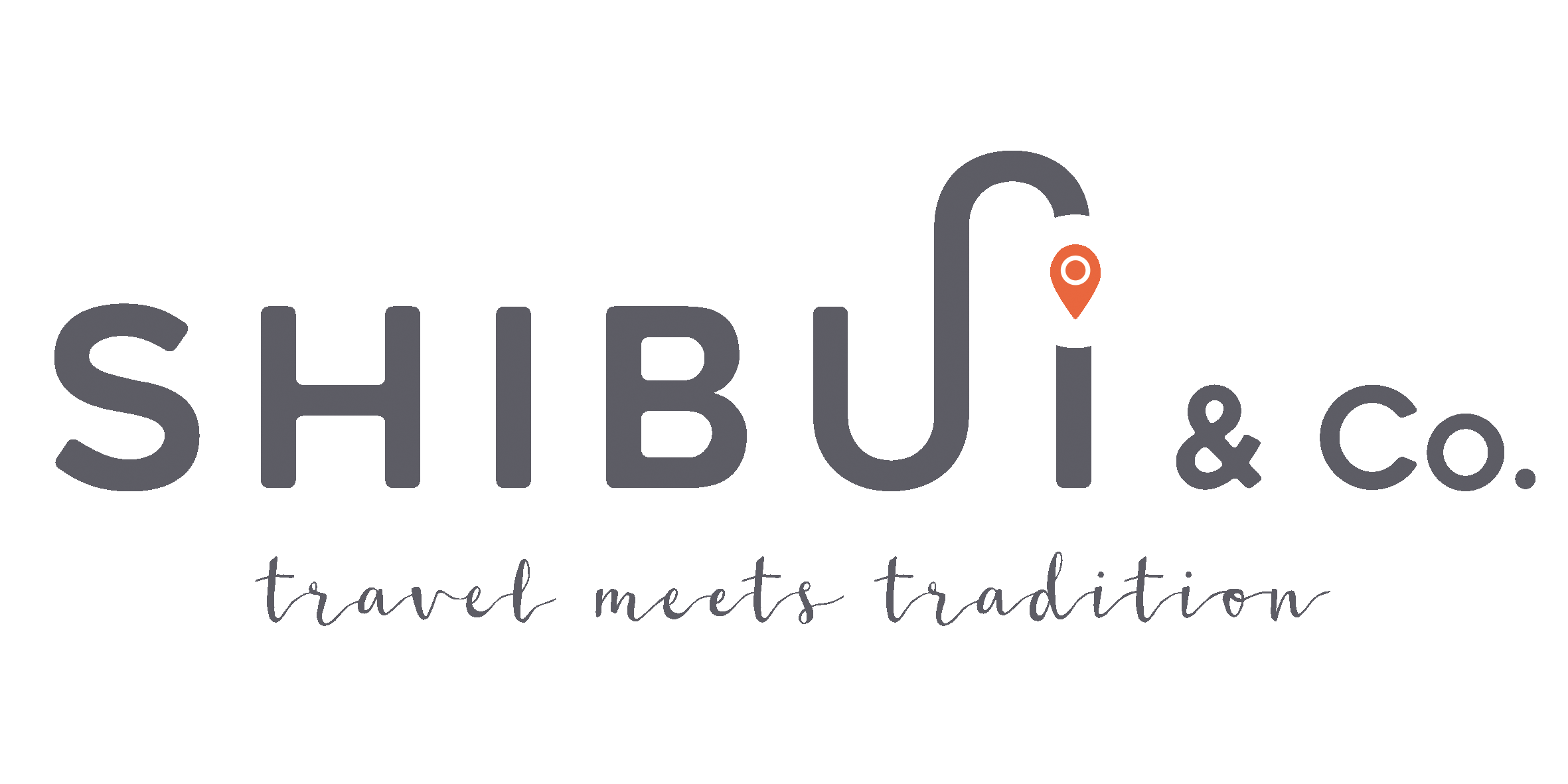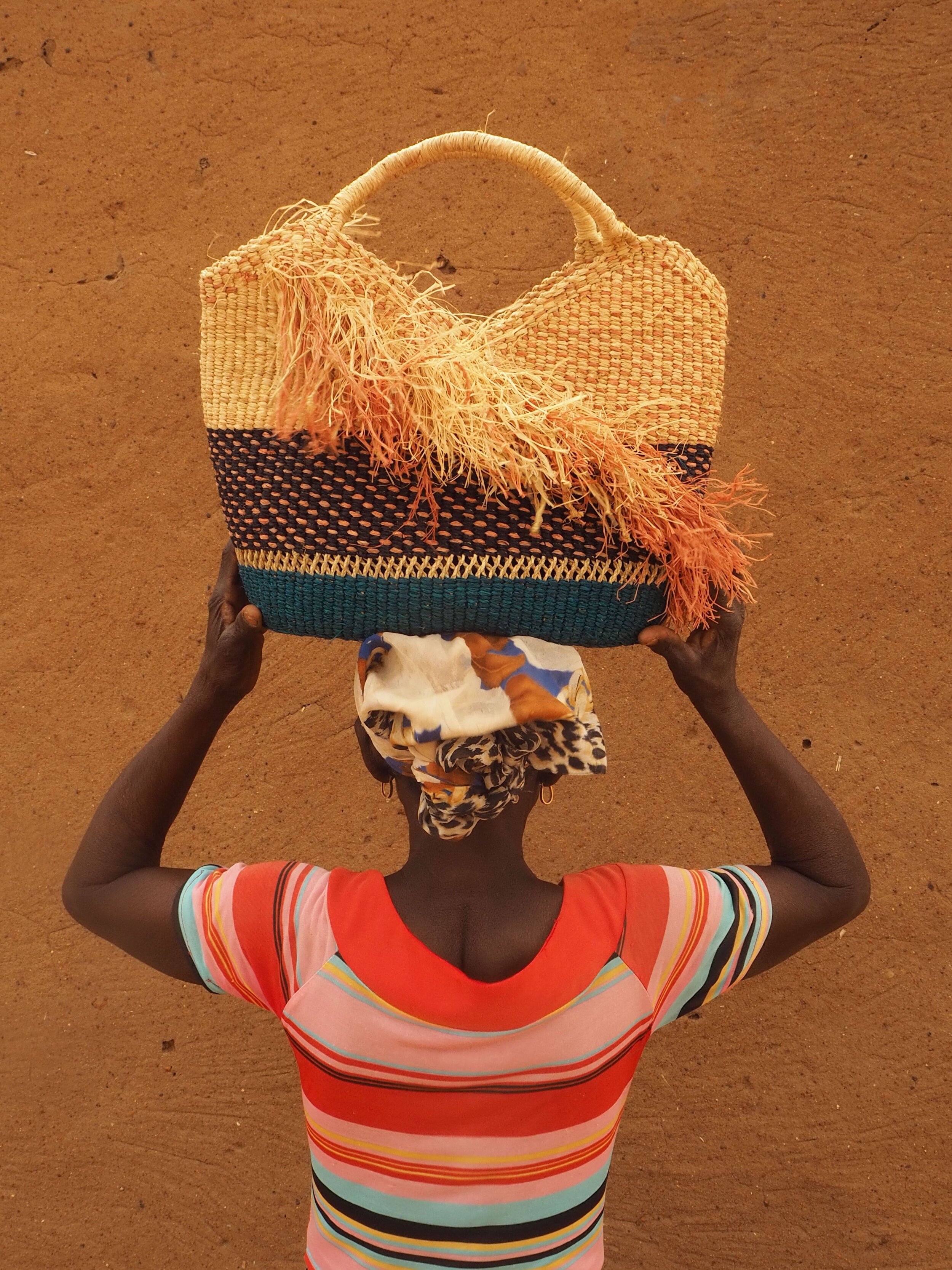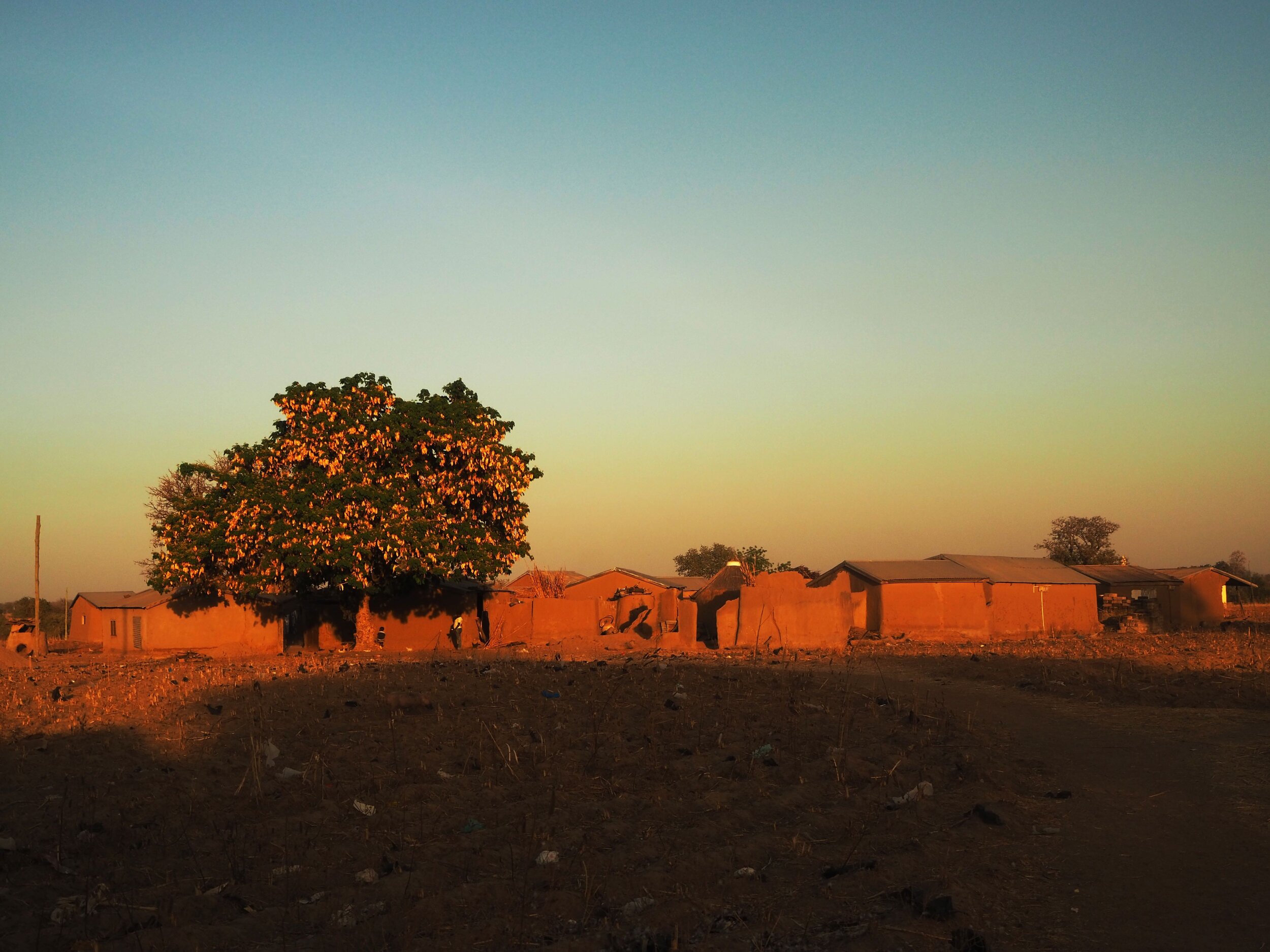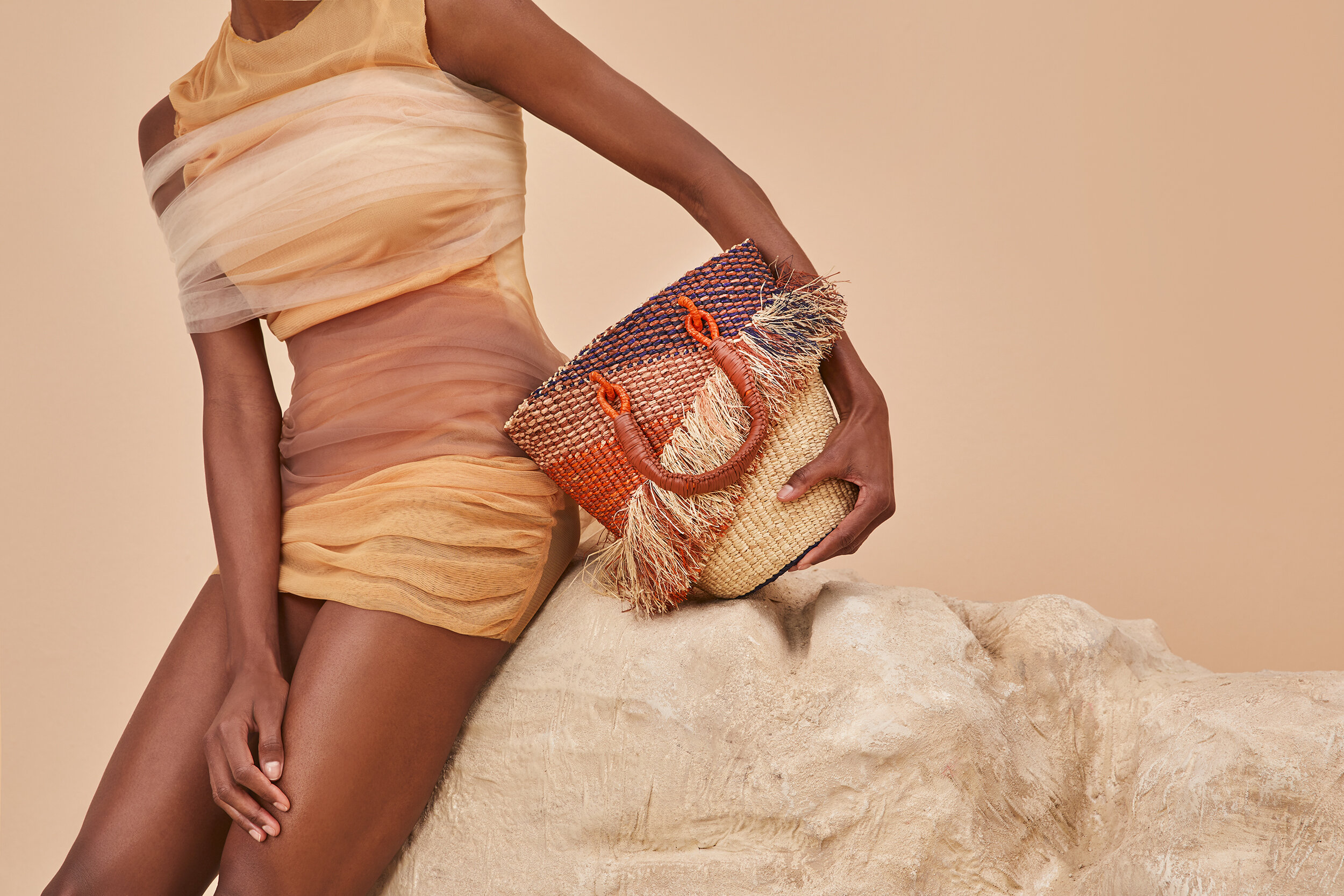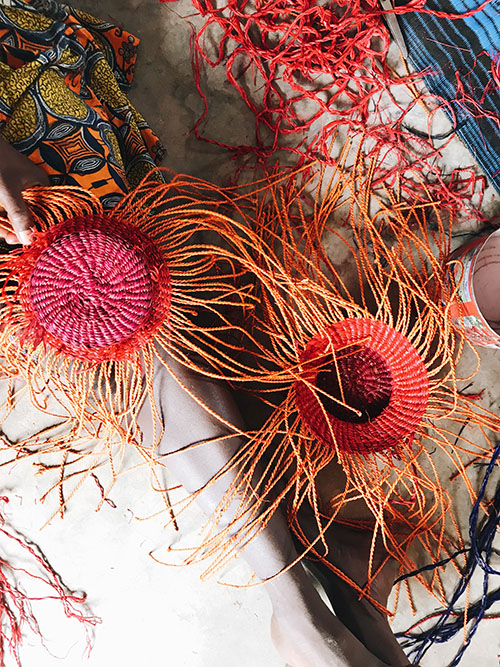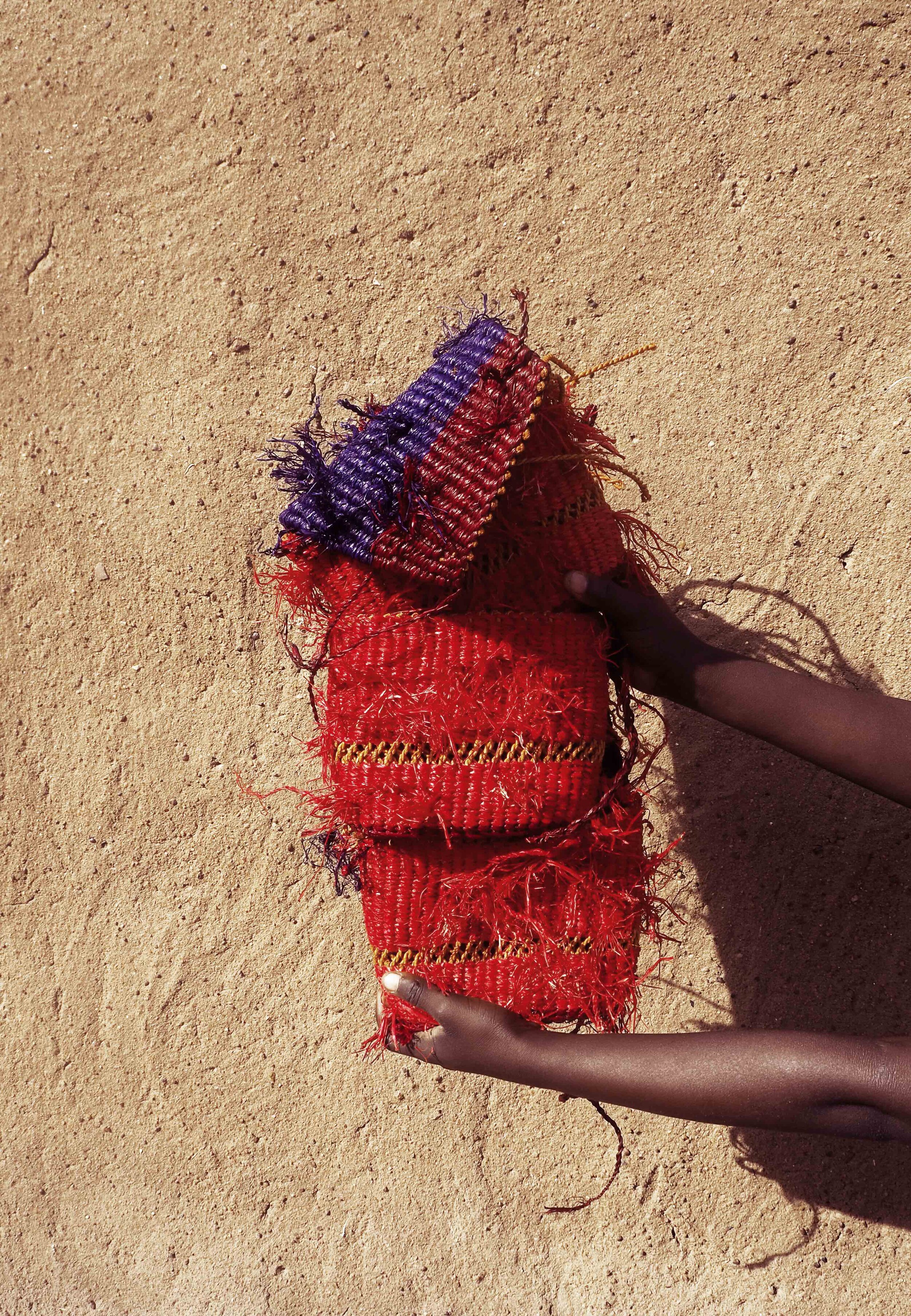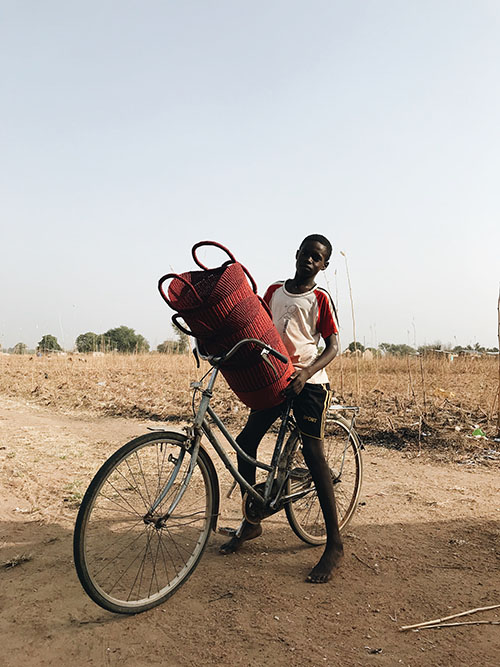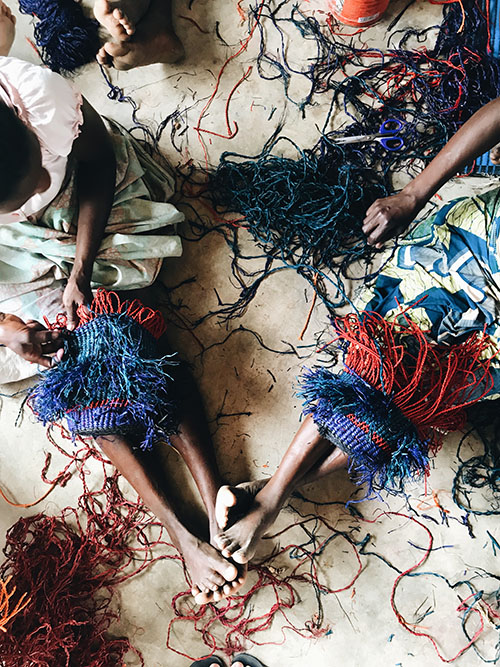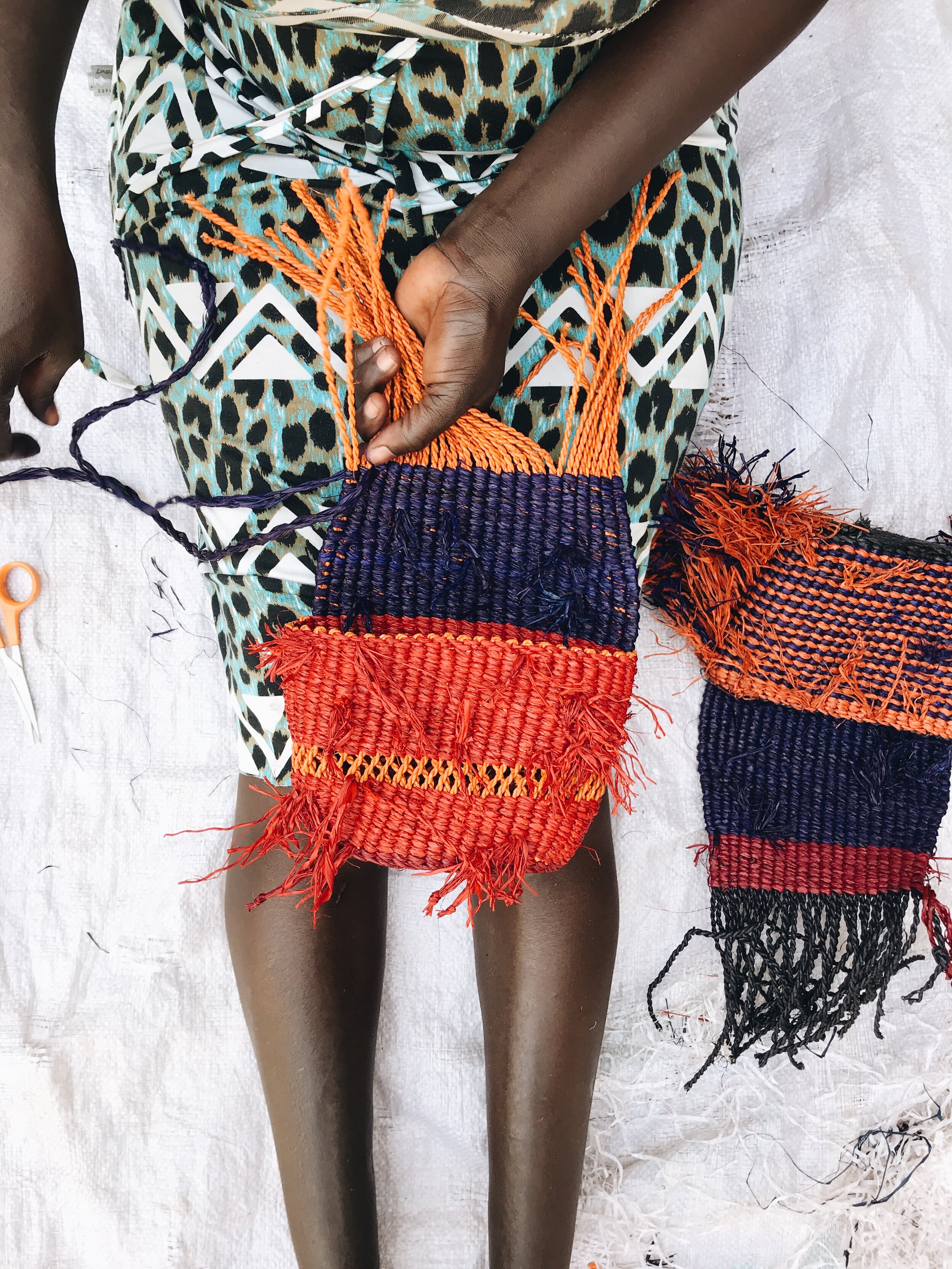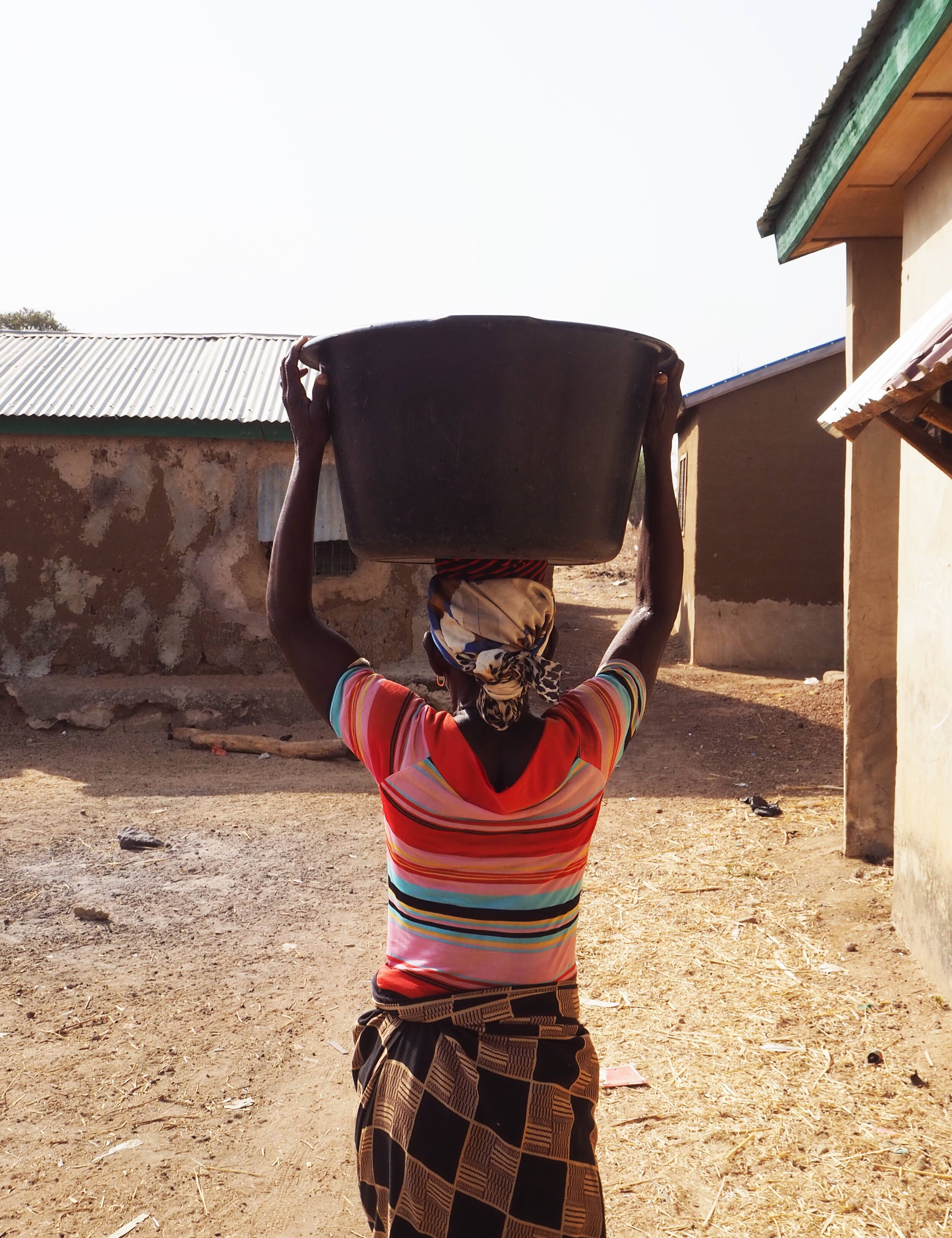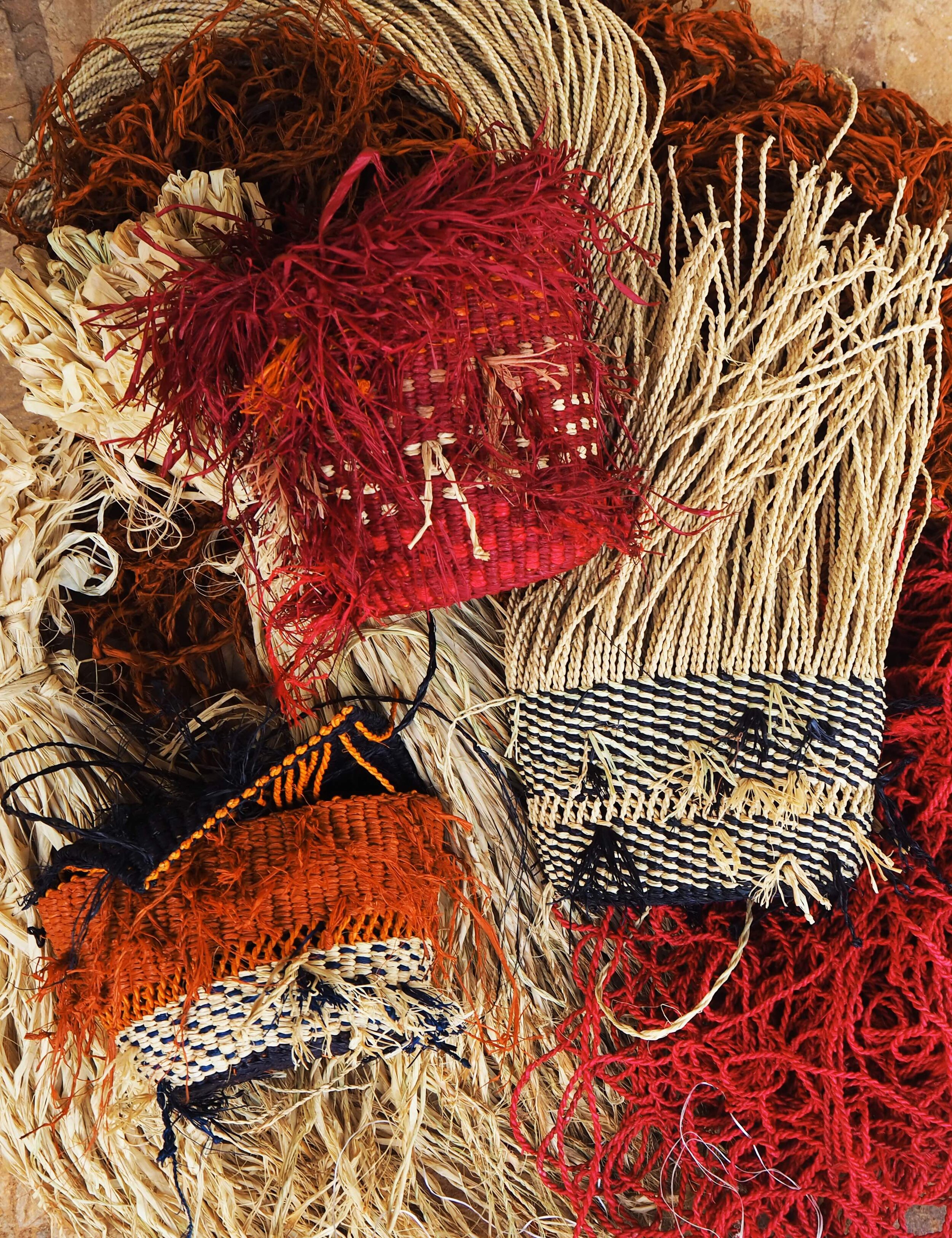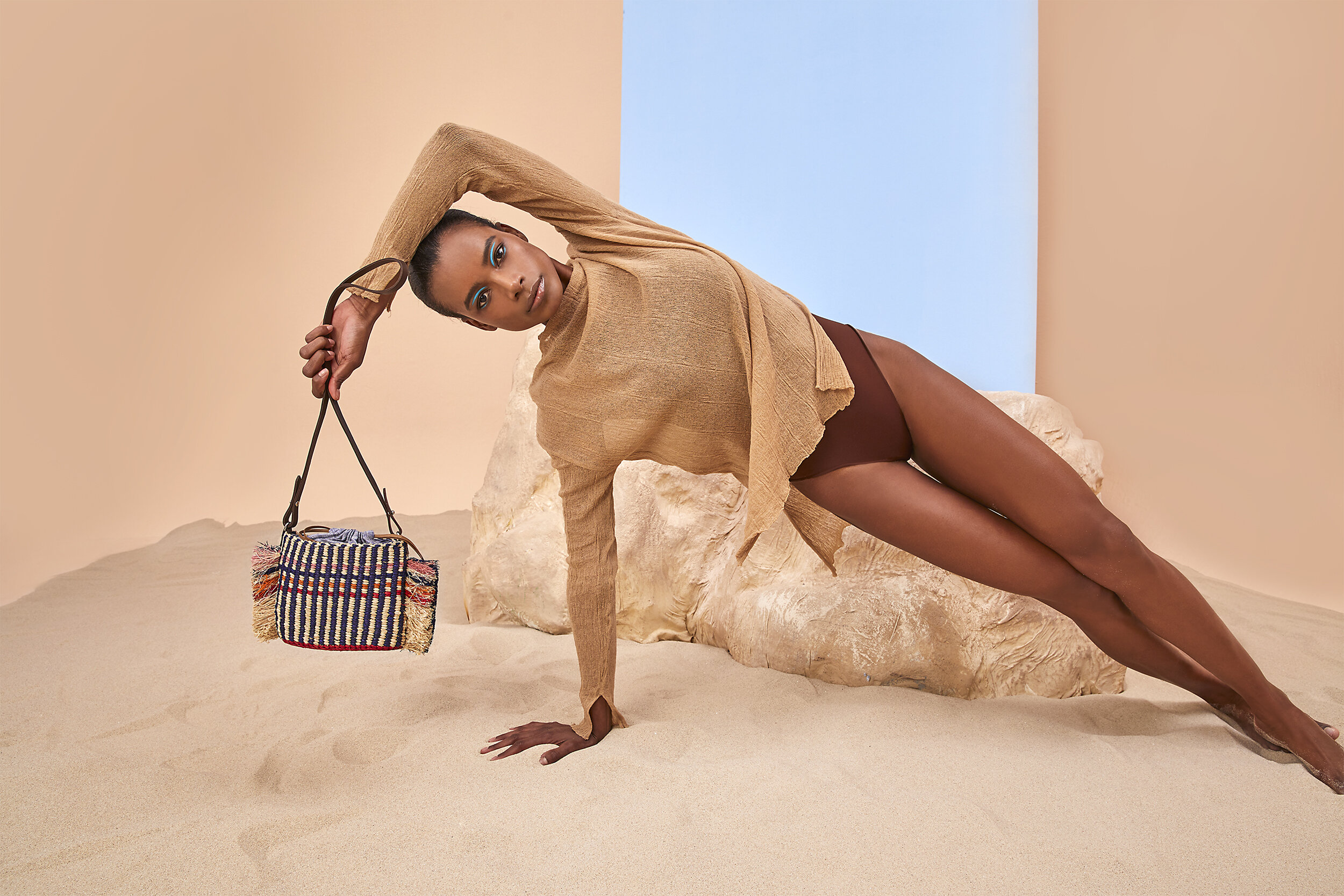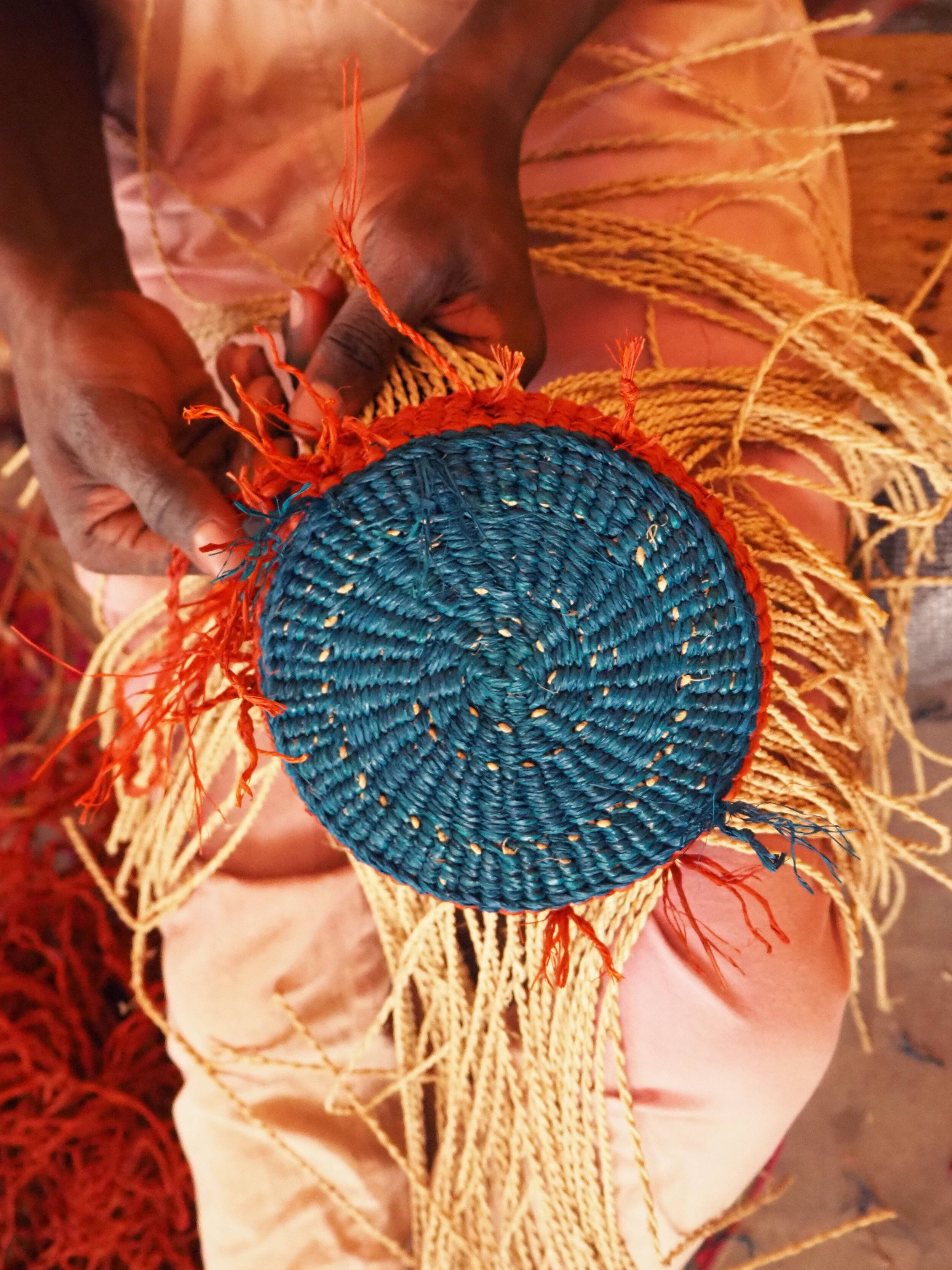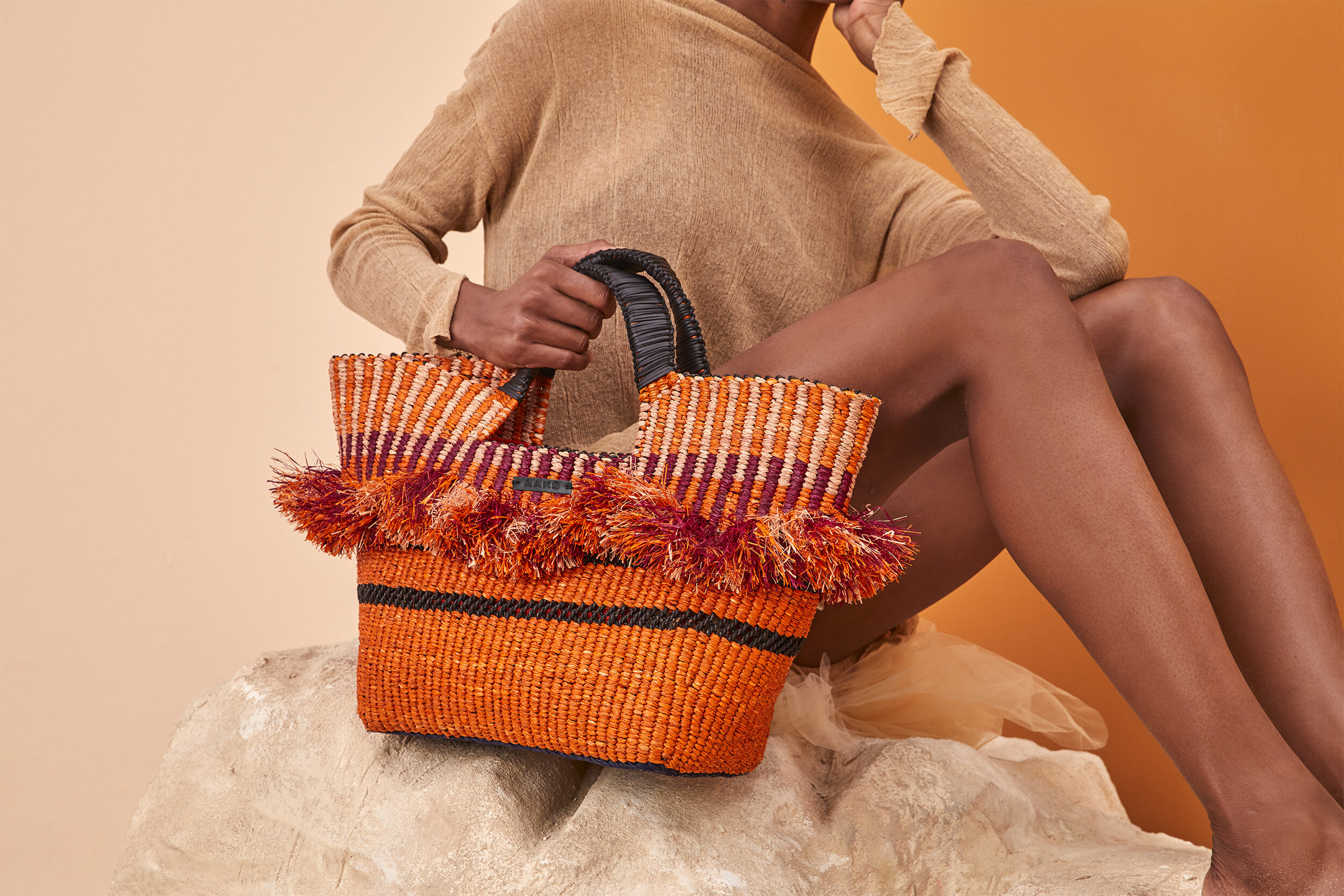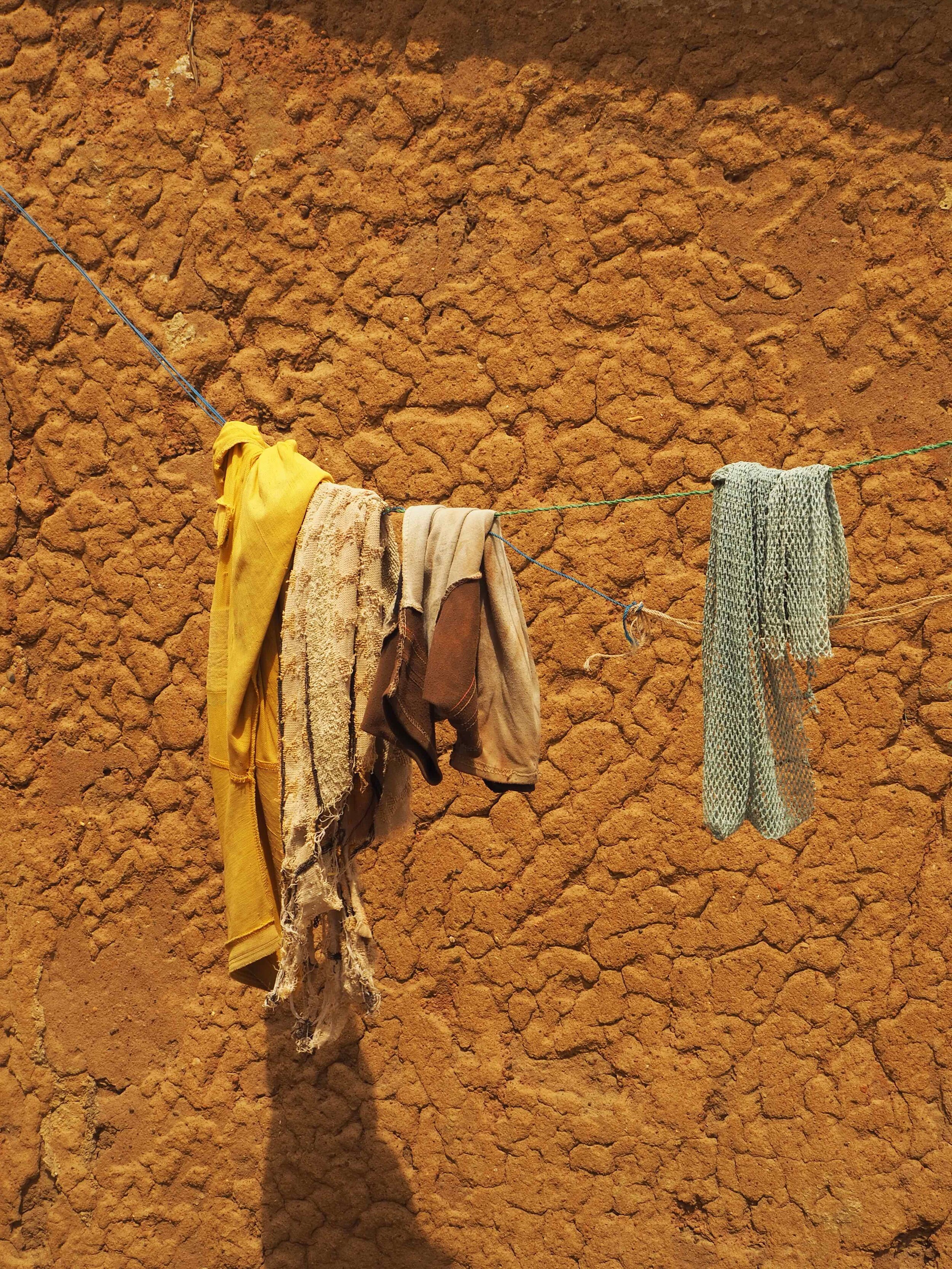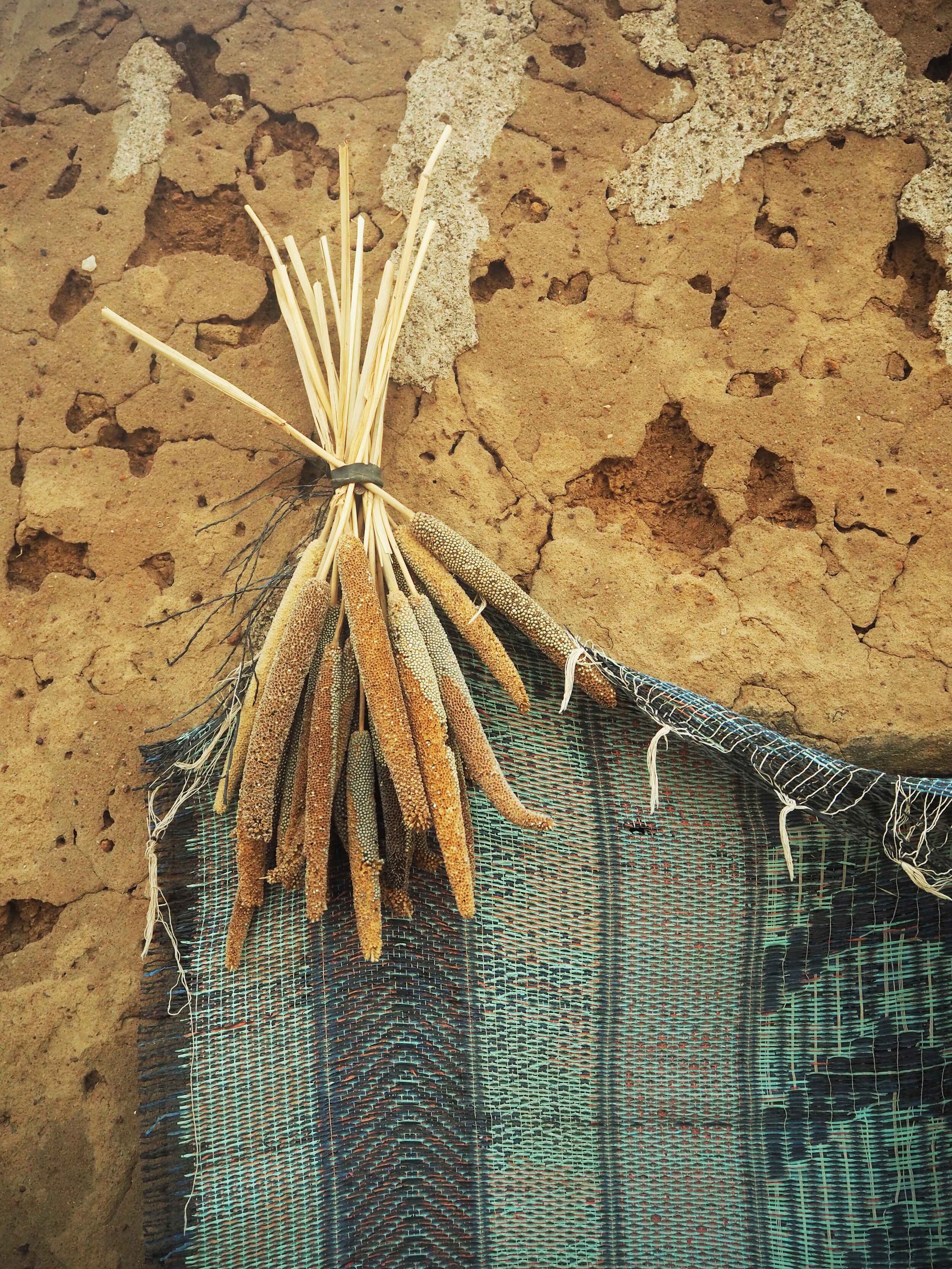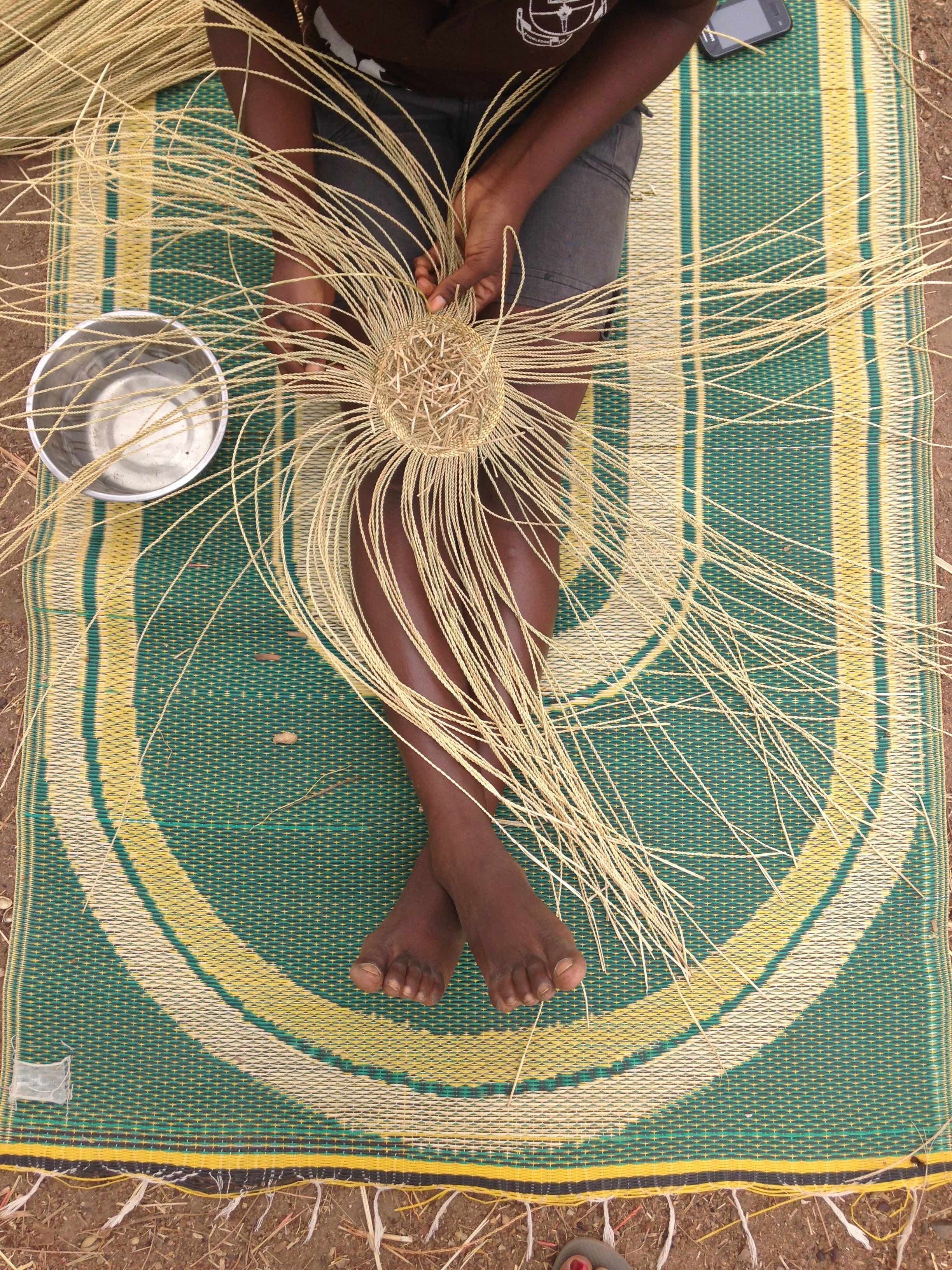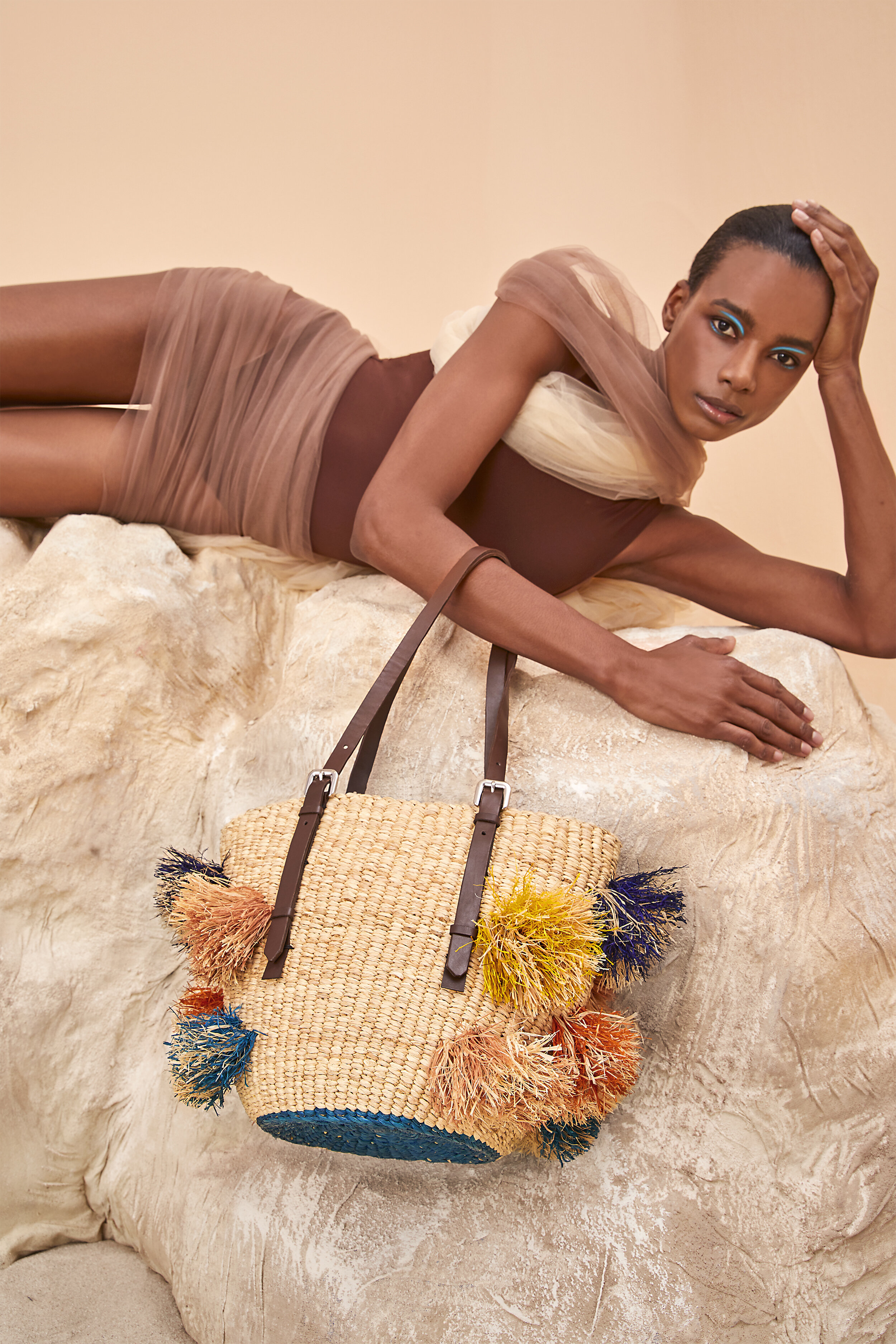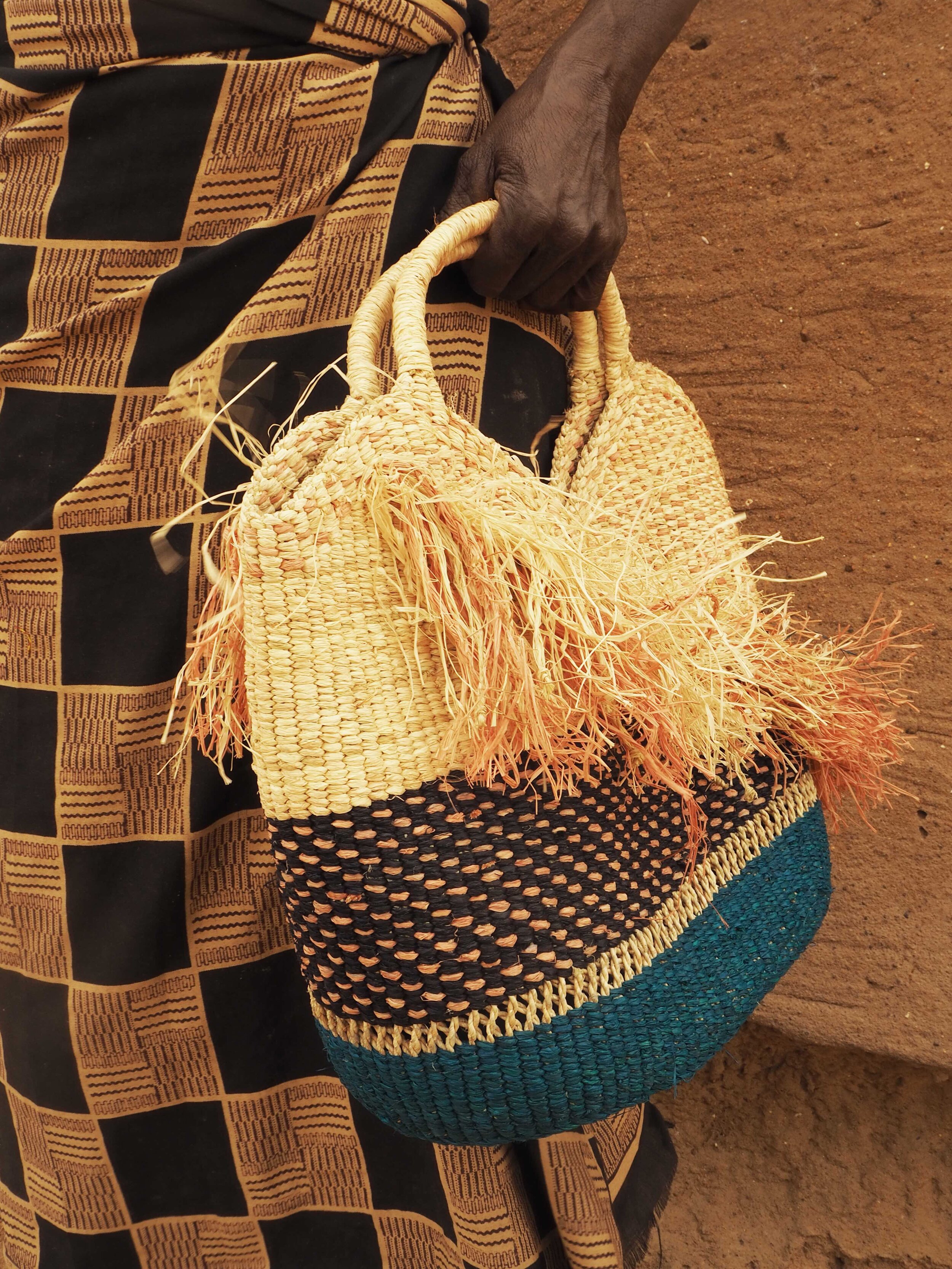NEW TO STORE…
SHIBUI PAPER PLANES no.19 | Published by SHIBUI & CO.
SLOW-WOVEN WONDERS
BY AAKS
2020 is unlikely to be forgotten in a hurry. But, with adversity comes a shift for change and when the wave for 'black lives matter' flooded deserted cities and lonely streets, this small artisanal brand from Ghana went from uncertainty to sellout and gained over 15,000 new instagram followers, almost overnight!
Interview with Akosua Afriyie-Kumi (owner/creative director, AAKS) | photography contributed by AAKS | COUNTRY Ghana
WHERE ARE YOU FROM ORIGINALLY AND WHERE ARE YOU BASED NOW?
I am from Ghana and now back in Ghana after a few years in London, as is AAKS studio.
WHAT’S THE STORY BEHIND CREATING YOUR BRAND AAKS? WHAT INSPIRED YOU BECOME A DESIGNER AND WHAT IS YOUR CONNECTION TO THE TRADITIONAL CRAFT OF WEAVING IN GHANA?
I grew up around basket bags as a child in Ghana, I used to give them as gifts and also use them for storage. I remember having a lot of ‘I wish it was more like this, I wish it was more like that’ moments… I wanted it softer, almost foldable and also more colourful with blends of colours which were tasteful and modern with a beautiful finish and detail.
Building on this idea, I started researching into bag designs and fibres and found many attractive benefits in line with the vision and ethos I had for my dream brand.
I established AAKS after seeing a gap in the market for beautifully handcrafted bags. I knew I wanted to go out on my own and pull together all my passion and talents to create something unique that would be fulfilling both personally and professionally. So after my studies in the UK, I embarked on my journey to Ghana to make this happen.
PLEASE TELL US ABOUT AAKS BAGS AND THE REGION THEY ARE MADE?
The community that I work with to produce my AAKS bags uses a traditional weaving technique to produce the main body of the bag which has been passed down through generations in Ghana’s northern region. There are no machines used in the weaving process. Because the bags are hand woven by individuals, each bag retains an inherent uniqueness and this is what our handcraft entails.
The weaving process starts by twisting raw and ecologically harvested raffia fibres by hand. After twisting about 10,000 strands we gather the raffia and prepare a dye bath, which consists of mostly natural dyes mixed into boiling water.
Sometimes we use natural tree bark in the bath to create good colour intensity. It takes approximately 10-30 minutes to dye each strand, depending on the colour we want to achieve. The dyed raffia is dried in the direct sun. To create the base shape of each bag, weavers thread the strands between their fingertips, skilfully handling the raffia until the bags take shape. The woven body is transported back to my studio (a 12-hour drive away in Kumasi), for finishing. This is where the sewing of linings, hand-stitching of buckles and leather handles complete the bag.
After a final quality control check, the bags are ready for postage to stores such as Anthropologie and Urban Outfitters in the USA, as well as other clients worldwide.
WHERE DOES YOUR CREATIVE INSPIRATION COME FROM?
I seek inspiration from everything around me, be it nature, photography or people. So many ideas come from my observation while travelling around Africa and Europe, which influences my design aesthetics.
CAN YOU TELL US A LITTLE ABOUT CULTURAL TRADITIONS IN GHANA AND WHAT THE WEAVING TECHNIQUES WERE ORIGINALLY USED FOR?
Ghana is a burgeoning creative hub. There are great skill sets here which haven't been explored fully or artistically. Traditional techniques such a tie-dyeing, weaving, batik making are being revived on an international level by many and its appealing to the new African person who cares about where their products are made and of which I am excited about. The technique of weaving has been there for thousands of years which has been passed down from generation to generation. Baskets were originally made for either home décor or used for shopping and storage baskets and still are today. They have been refined more, and now, have more value than before.
2020 IS UNLIKELY TO BE FORGOTTEN IN A HURRY. WHAT HAS BEEN LEARNT AND HOW CAN THE WORLD COLLECTIVELY HELP TRADITIONAL CULTURES AND ARTISAN COMMUNITIES SURVIVE INTO THE FUTURE?
The pandemic has been a very strange time for everyone around the world and for our brand too. We had to put our heads together to figure out our next steps and working in the now ‘new normal’. We think Covid-19 has given our customers the opportunity to interact with the brand more sincerely and we have worked hard to provide safe environment for our workers. The 'new normal' has not yet been defined for us, but we are excited about this new challenge.
HOW DOES AAKS HELP TO SUPPORT THE ARTISANS?
Through my work in Ghana we support the community greatly, providing employment to local artisans, ensuring continuity of traditional weaving, so it can be passed down to the younger generation. We also encourage weaving to be valued more, as a major income resource for many in the cooperative. I hope that our brand will go some way in contributing to the revival and sustenance of weaving as a thriving craft for generations to come.
WHAT HAS BEEN THE MOST VALUABLE WISDOM THAT YOU HAVE RECOGNISED IN HELPING KEEP ARTISAN MORALE AND POSITIVE COMMUNITY SPIRITS GOING STRONG THROUGH THESE DIFFICULT TIMES?
I always advise my group of artisans to work to their best ability and they have a wonderful skill that the world appreciates and through this we can create more work and a better livelihood for all.
FOR WHEN THE WORLD OPENS UP TO TRAVEL AGAIN, WHAT WOULD A LOCAL RECOMMEND TO DO OR SEE IN GHANA?
My ‘must do’ in Ghana is to visit the Cape Coast beaches and go on the adrenaline rush canopy walk through the Kakum Forest!
